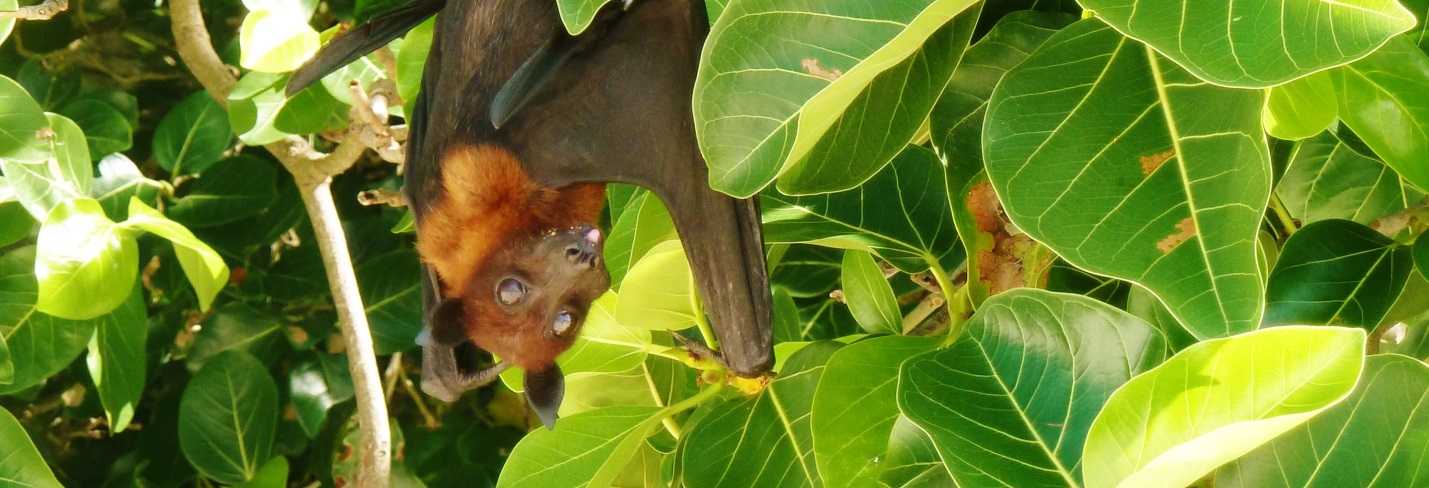Reposted from the Worldwatch Institute's blog with permission.
What questions are being overlooked or underappreciated when we talk about the world of tomorrow? This is the second of three exclusive sneak peeks into our newest State of the World publication, scheduled for official release April 13, 2015. Join us for the launch symposium in Washington, DC or livestream online.
Loss or degradation of key agricultural resources—especially land, water, and a stable climate—is leading to a global agricultural system in which more countries depend on international markets for basic food supplies. As a result, “land grabbing”—the purchase or lease of agricultural land by foreign interests—is surging, threatening food security.
A food import strategy reduces pressure on agricultural resources in many countries, but also renders importing countries vulnerable to supply disruptions caused by poor harvests, political manipulation, or other factors beyond their control.
Most humans spend little time in or on the oceans, but our lives are profoundly shaped by their condition. That condition is increasingly dire.
Overfishing is compromising the oceans’ ability to supply the protein on which roughly 3 billion people depend. Ocean waters also function as a major sink for human-caused carbon emissions and the heat they trap in the atmosphere, but the rate of absorption of both heat and emissions may be slowing. And carbon absorption is changing the acidity of ocean waters, which in turn imperils vital marine organisms and even the marine food web itself.
Human activities disrupt ecological systems worldwide, increasing the likelihood that infectious disease will spread from animals to humans, as has already occurred with the Ebola virus and HIV/AIDS. Scientists estimate that more than 60 percent of the 400 new infectious diseases in humans that emerged in the past 70 years were of animal origin. And this threat is increasing as land-use changes bring animals and humans together, as livestock raising becomes intensified, and as the use of antibiotics in animals increases.
The authors contend that, despite rising attention to high-profile pandemics like Ebola, neither governments nor publics appreciate that such outbreaks are emblematic of a systemic, global problem.
 Could poor harvests and political tensions disrupt our fragile food supply?
Could poor harvests and political tensions disrupt our fragile food supply?
Loss or degradation of key agricultural resources—especially land, water, and a stable climate—is leading to a global agricultural system in which more countries depend on international markets for basic food supplies. As a result, “land grabbing”—the purchase or lease of agricultural land by foreign interests—is surging, threatening food security.
A food import strategy reduces pressure on agricultural resources in many countries, but also renders importing countries vulnerable to supply disruptions caused by poor harvests, political manipulation, or other factors beyond their control.
“Conserving the very base of food production—the land, water, and climate that make crop growth possible—is essential to ensure that the world’s farmers continue to produce enough food for everyone.” —Gary Gardner in "Mounting Losses of Agricultural Resources" (Chapter 5)
 Are we pushing beyond the limits of the oceans’ capacities?
Are we pushing beyond the limits of the oceans’ capacities?
Most humans spend little time in or on the oceans, but our lives are profoundly shaped by their condition. That condition is increasingly dire.
Overfishing is compromising the oceans’ ability to supply the protein on which roughly 3 billion people depend. Ocean waters also function as a major sink for human-caused carbon emissions and the heat they trap in the atmosphere, but the rate of absorption of both heat and emissions may be slowing. And carbon absorption is changing the acidity of ocean waters, which in turn imperils vital marine organisms and even the marine food web itself.
“Taking urgent and concerted action to improve ocean health is an imperative, not because saving whales and coral reefs are not worthy pursuits in and of themselves (they are)… but because our livelihoods and our lives depend on the sea.” —Katie Auth in "The Oceans: Resilience at Risk" (Chapter 6)
 Is human disruption of natural systems putting our own health and well-being at risk?
Is human disruption of natural systems putting our own health and well-being at risk?
Human activities disrupt ecological systems worldwide, increasing the likelihood that infectious disease will spread from animals to humans, as has already occurred with the Ebola virus and HIV/AIDS. Scientists estimate that more than 60 percent of the 400 new infectious diseases in humans that emerged in the past 70 years were of animal origin. And this threat is increasing as land-use changes bring animals and humans together, as livestock raising becomes intensified, and as the use of antibiotics in animals increases.
The authors contend that, despite rising attention to high-profile pandemics like Ebola, neither governments nor publics appreciate that such outbreaks are emblematic of a systemic, global problem.
“New strategies for dealing with [emerging animal-borne diseases] offer the possibility that … humans once again can learn to live in balance with the natural ecology that supports us.” —Catherine C. Machalaba, Elizabeth H. Loh, Peter Daszak, and William B. Karesh in "Emerging Diseases from Animals" (Chapter 8)


